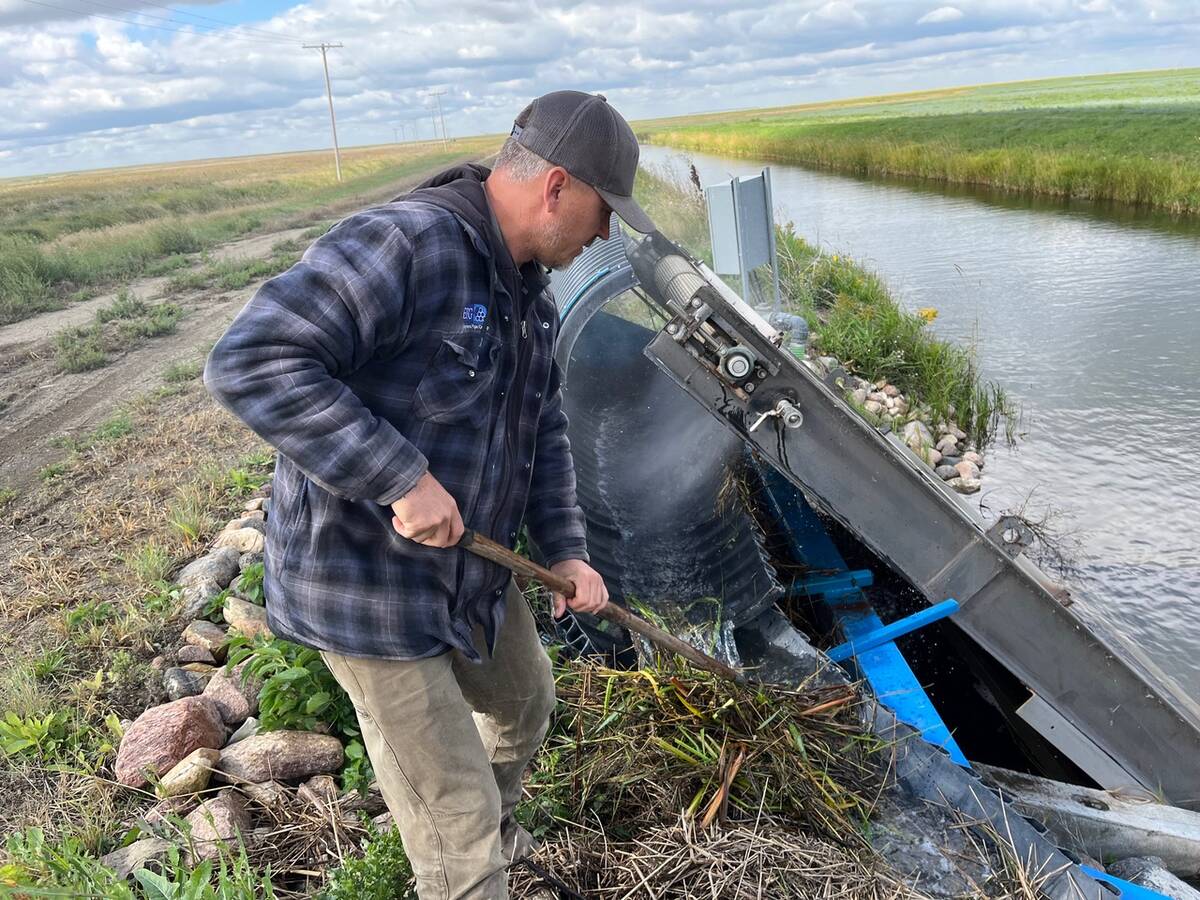Canadian pulse processors claim their counterparts in the United States are distorting bean and lentil markets by bending farm aid rules.
In a letter sent to Pulse Canada and the Canadian Special Crops Association, former CSCA president Scott Cunningham said American firms are using Canadian product in PL480 food aid programs, which is against the law.
“I wonder how happy the U.S. legislatures would be knowing that their U.S. tax money is being used to subsidize the Canadian economy? Probably about as happy as the U.S. durum producers are with the Canadian Wheat Board,” said Cunningham, who is a trader with Regina’s Saskcan Pulse Trading Inc.
Read Also

Saskatchewan farmer uses tile drainage to manage water
The integration of both irrigation and tile drainage results in higher yields, water efficiency, improved soils and less nutrient runoff, says one producer.
Saskcan president Murad Al-Katib said this practice has been going on in the bean industry for years and now it’s happening with lentils.
“We think it’s a serious issue and no one is doing anything about it.”
Asked to provide proof that American processors were using Canadian product in food aid shipments Al-Katib said he couldn’t.
“There is no proof, I guess. I don’t have documents that prove that this is happening, but at the same time it has happened in the bean industry and everyone in the (pulse) industry knows it’s happening in lentils now.”
Al-Katib said brokers are bidding significantly higher prices for Richleas than they are for Laird lentils and that doesn’t make any sense.
“That in itself is ludicrous. Never in the history of Canadian pulses has that happened.”
Paul Thomas, executive director of the North Dakota Dry Pea and Lentil Association, said Canadian processors are off-base with their accusations of corruption.
U.S. government food aid programs are a huge part of most pulse processors’ business and they wouldn’t jeopardize that by breaking the rules.
“It just doesn’t make any economic sense for a company to possibly have a short-term gain while risking the life of their business,” he said.
“I would be shocked to hear that any processor would be abusing that.”
Thomas said American firms have moved a “significant amount of lentils” under PL480 tenders, to the point where they have a shortage of product to fill their other export obligations. That’s why they have been looking north for Canadian lentils.
Garth Patterson, executive director of Saskatchewan Pulse Growers, said the situation is a double-edged sword from a grower’s perspective.
It has created a lucrative short-term market for Canadian product. But if the demand from south of the border continues, it could permanently shift processing capacity across the 49th parallel and that wouldn’t be good.
Patterson said American food aid is a laudable and humanitarian pursuit, but Canadian pulse firms question some of the destinations for the aid shipments. Besides going to severely impoverished countries, the aid is going to places where there is an active food trade.

















